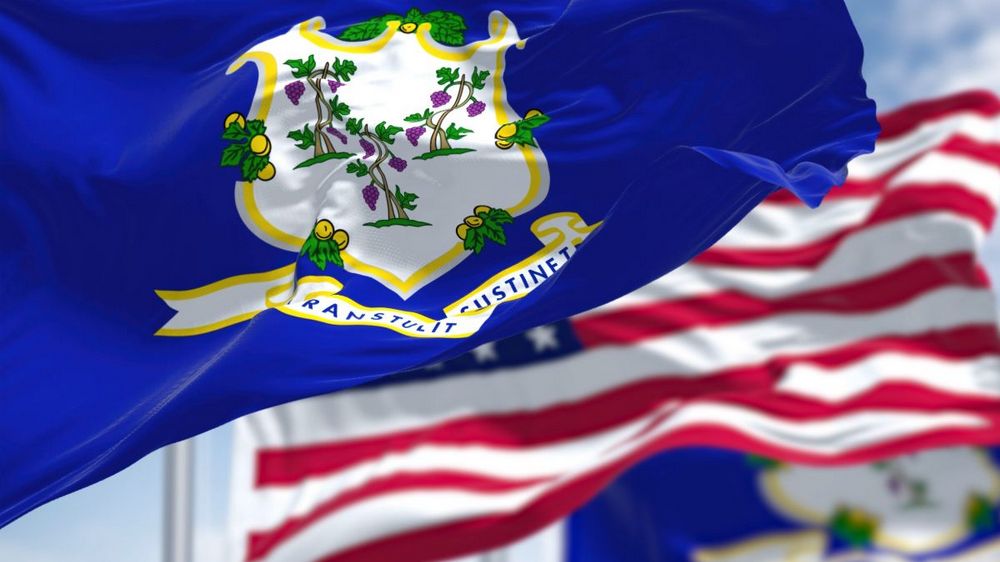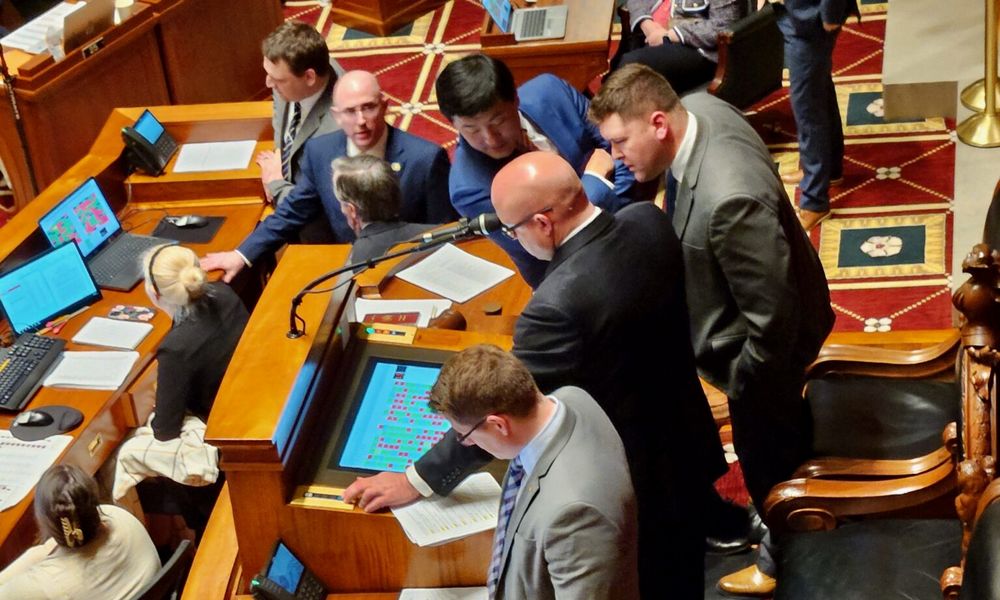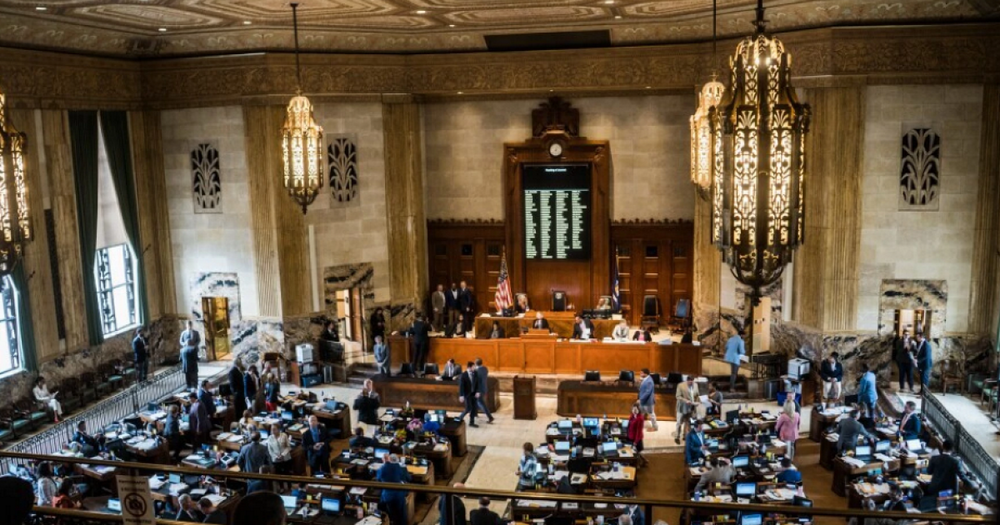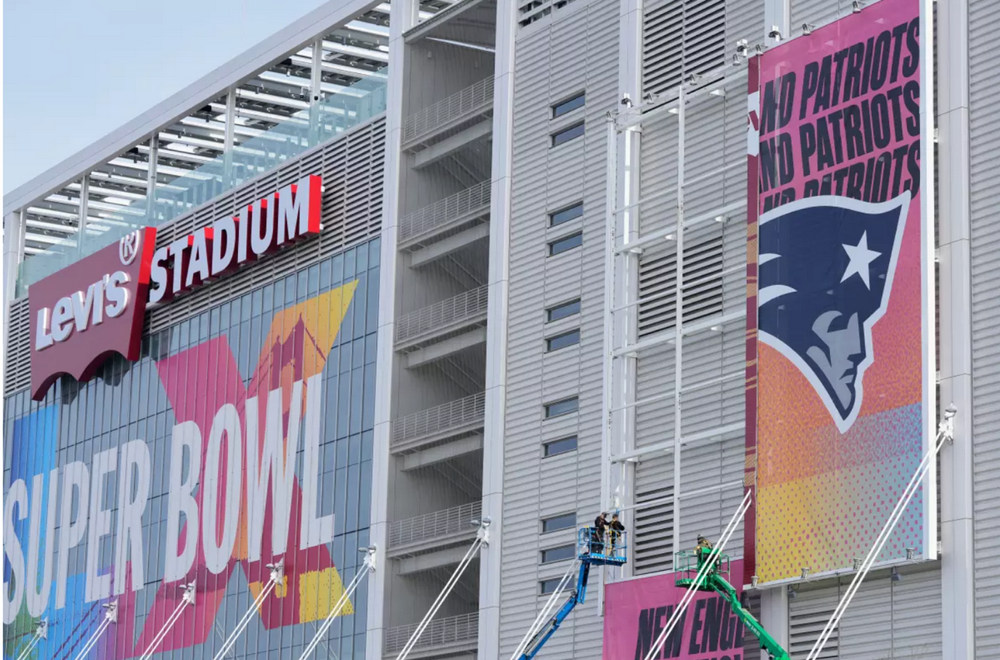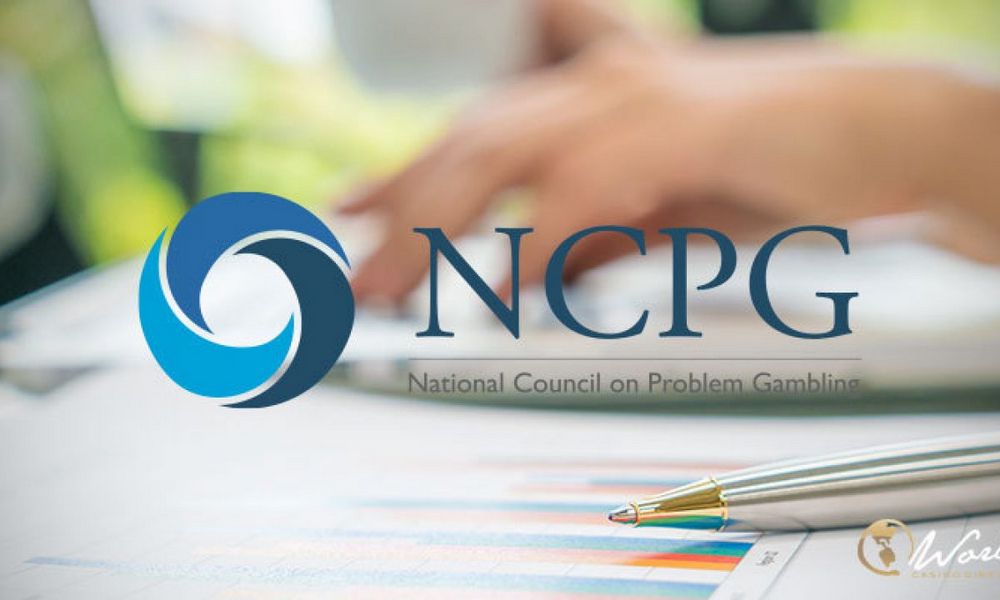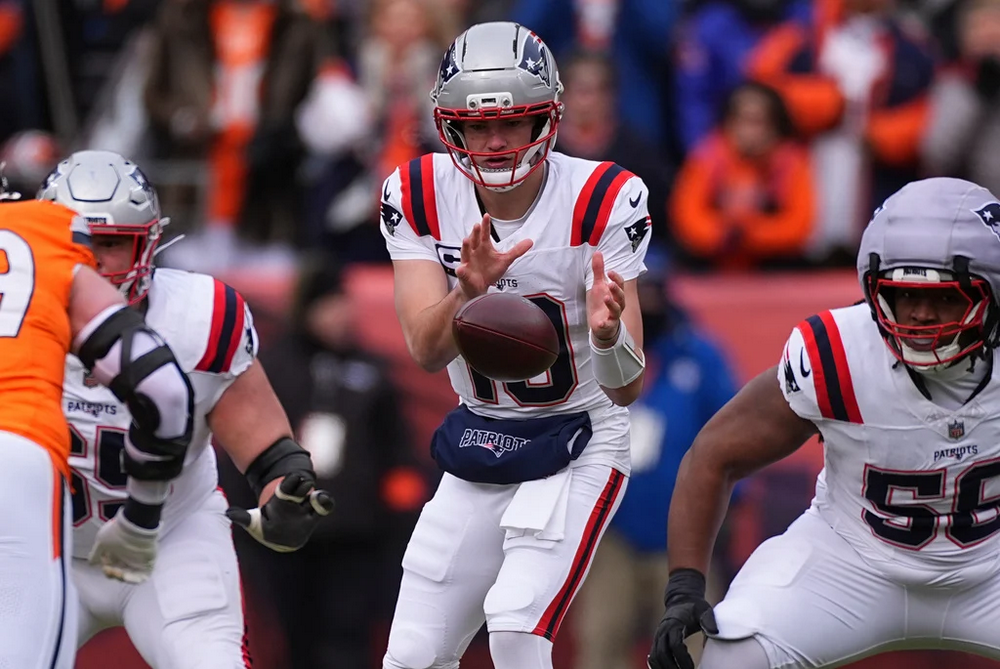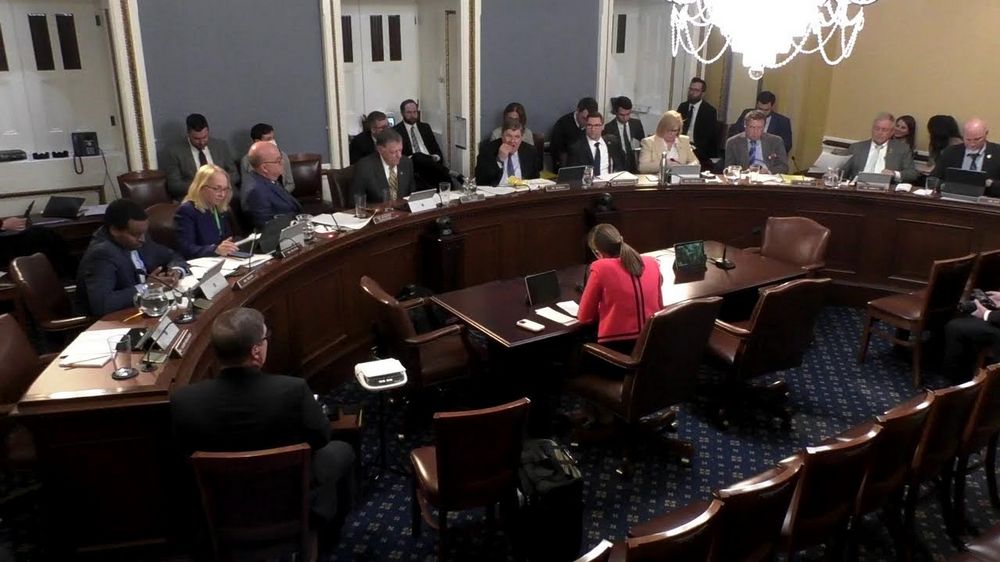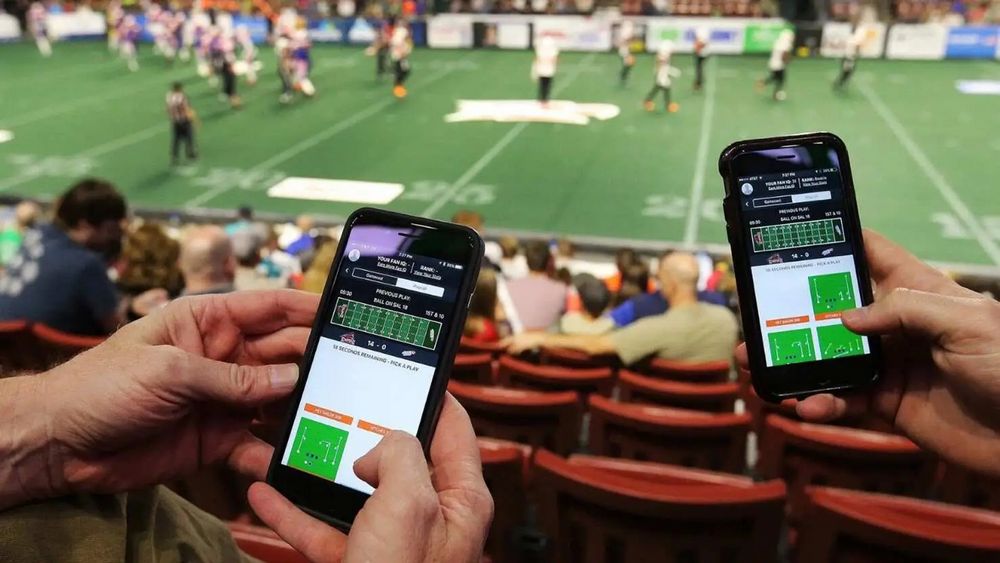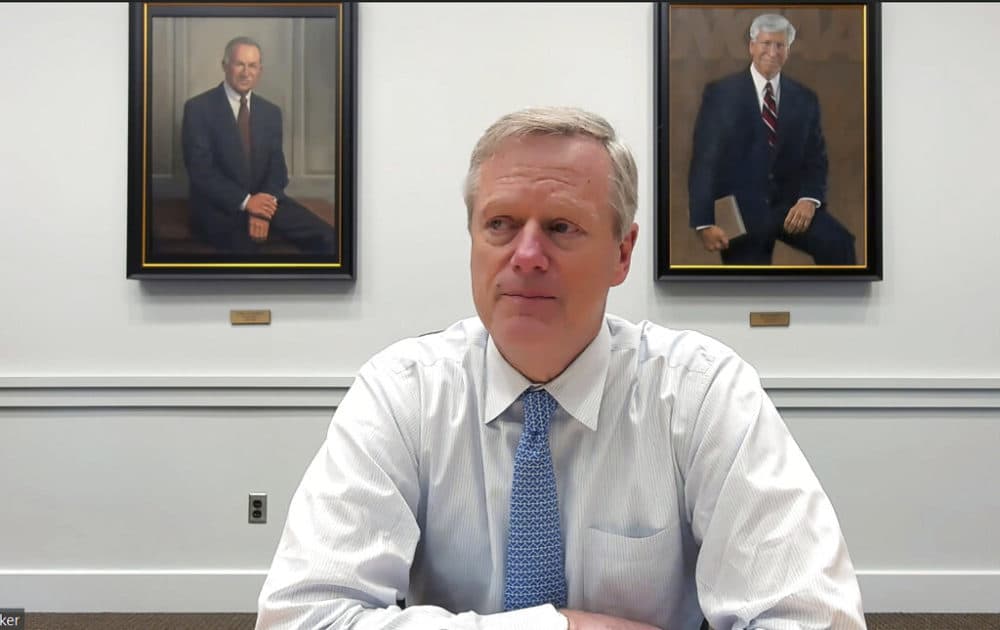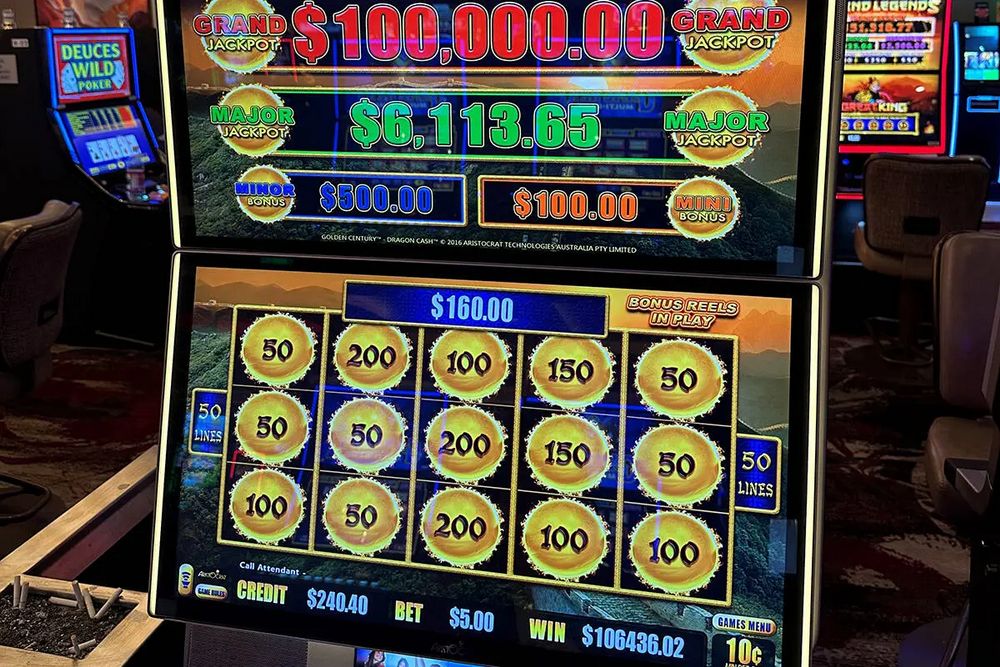In a decisive move to distance higher education from gambling influence, New Jersey Governor Phil Murphy has signed Assembly Bill 4113 into law, officially prohibiting sports betting partnerships between public universities and gambling operators across the state.

The legislation, introduced by Assemblywoman Linda Carter and Assemblyman Benjie Wimberly in 2024, takes aim at marketing and promotional deals that could expose students to betting content. While no such partnerships currently exist in New Jersey, the bill preemptively bars universities from forming deals that allow sportsbooks to advertise in stadiums, athletic departments, or on digital broadcasts affiliated with the institution.
New Jersey Governor Proposes Significant Tax Hike on Online Gambling and Sports Betting
The measure extends to booster clubs and fundraising arms often tied to sports programs. Universities like Rutgers, Montclair State, Kean, Rowan, and NJIT are among those now officially restricted from any agreements that involve sportsbook visibility on campus.
New Jersey’s Push to Ban Sweepstakes Casinos: Regulatory Necessity or Overreach?
Notably, the law still permits collaborations for academic or experiential learning purposes, provided no marketing is directed toward students—a fine line that reflects the growing tension between educational spaces and the rapid expansion of regulated gaming in the U.S. This move echoes broader national concerns. Senator Kristin Corrado’s related legislation—targeting proposition betting on college sports—advanced last month to protect student-athletes from being commodified by gambling markets.
While New Jersey remains a leader in sports wagering revenue, the state is also drawing ethical lines, especially where its public institutions are concerned. Lawmakers say this is about protecting vulnerable populations and keeping betting where it belongs—off the field and out of the classroom.











